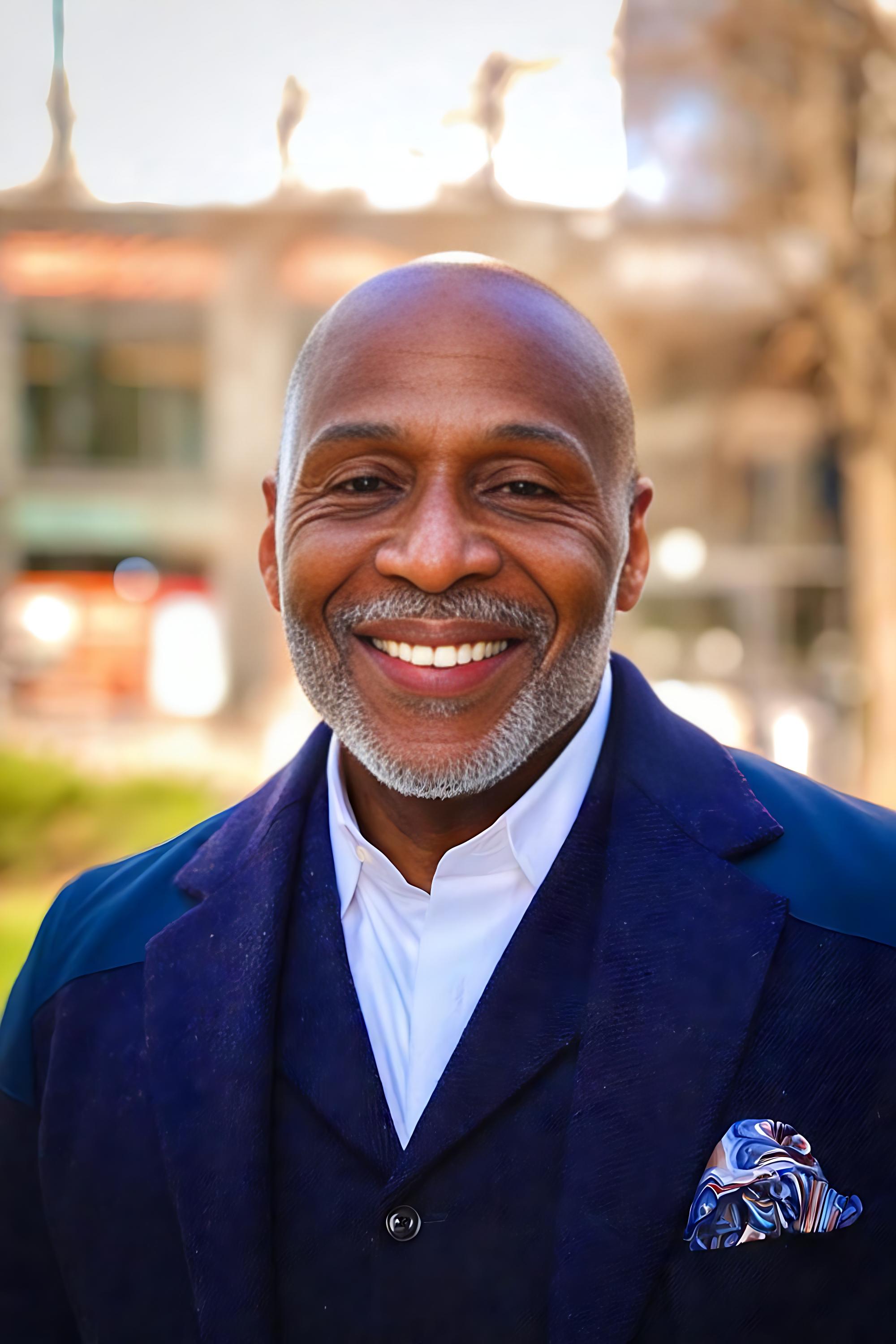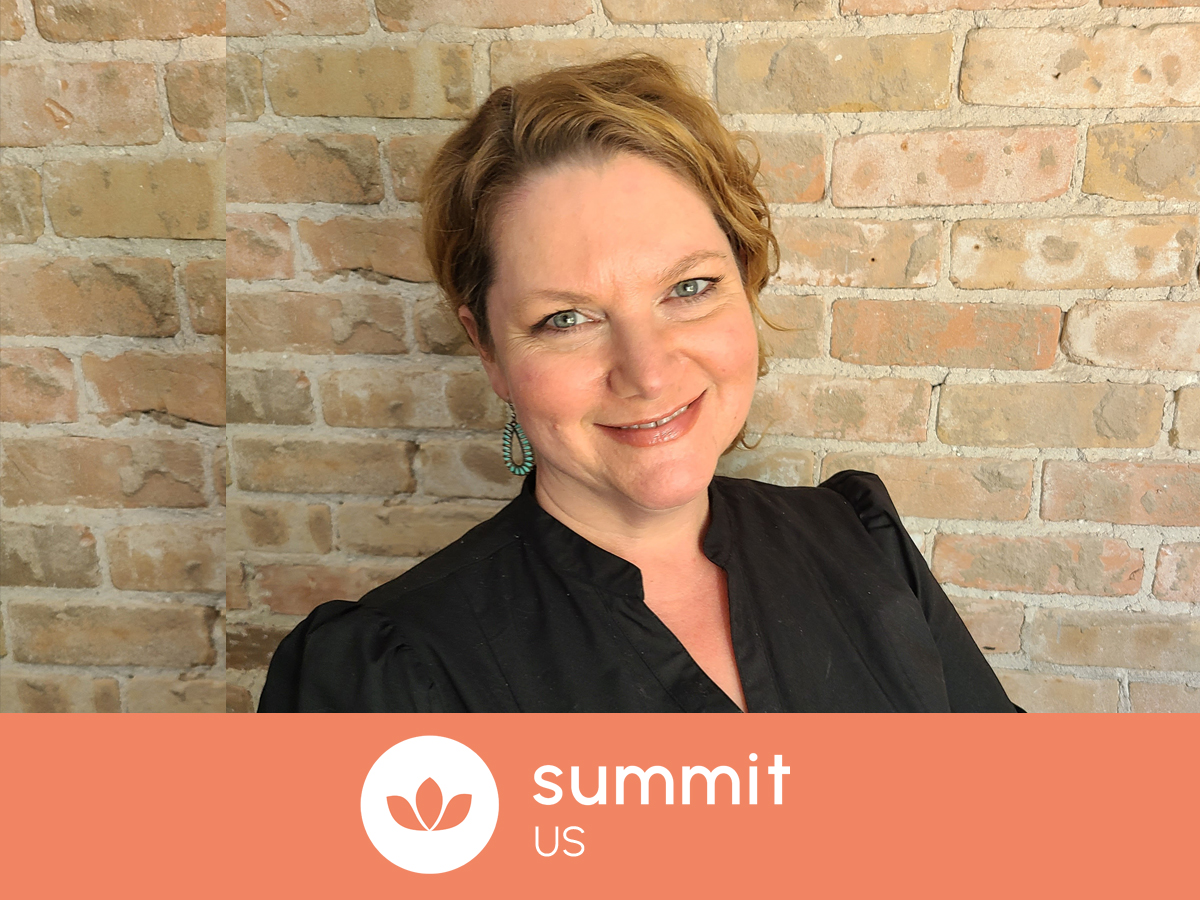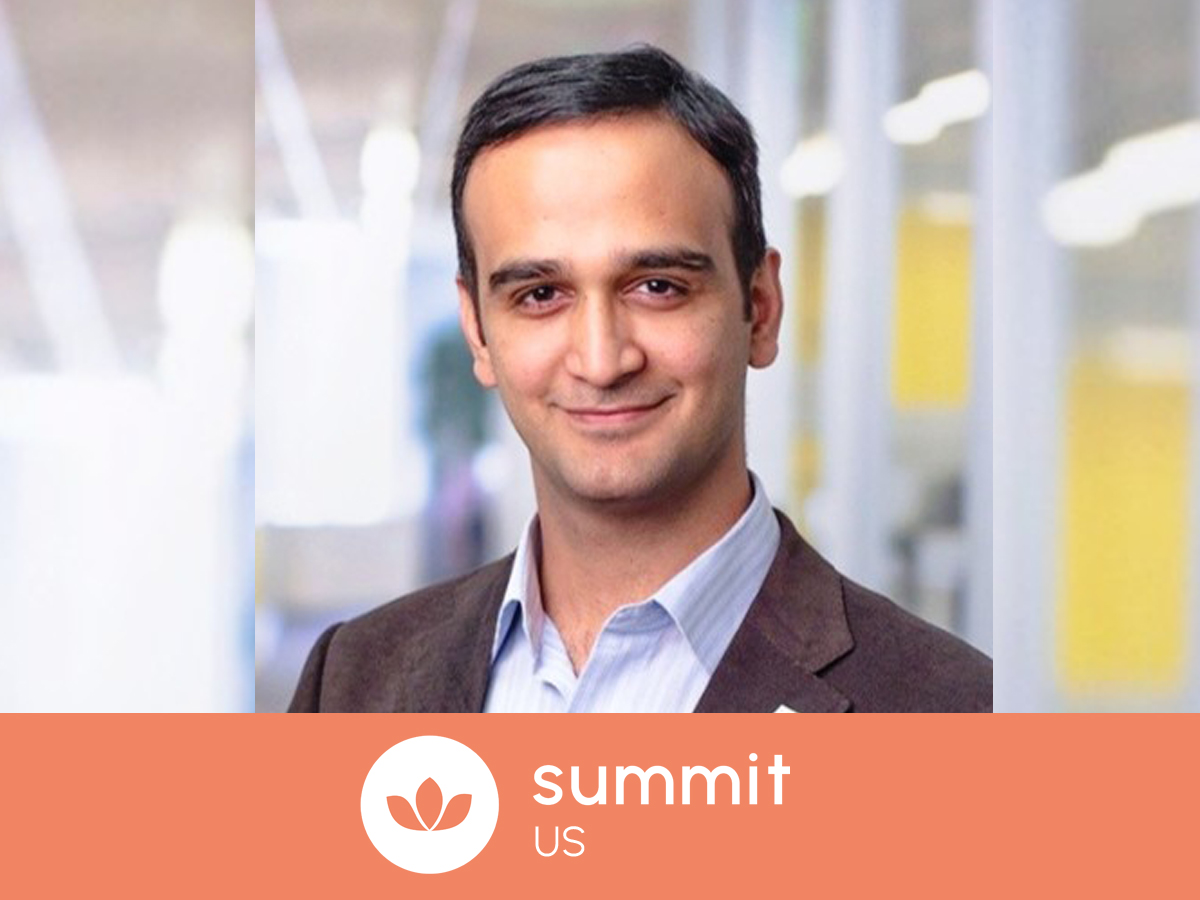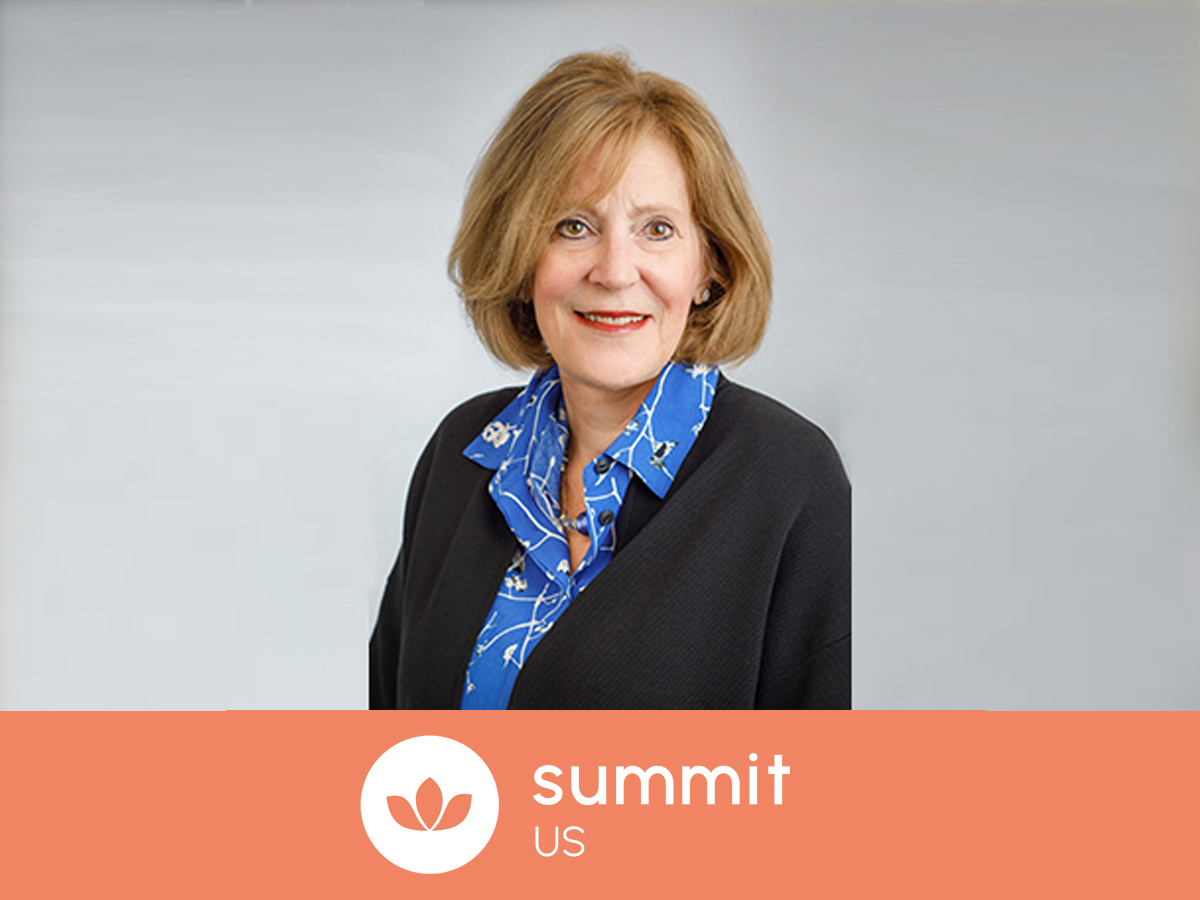
We are delighted that Darryl will be speaking in Chicago as part of our US Summit Midwest on Thursday. We caught up with him to see how he’s feeling in the runup to the event.
Hi Darryl, we are thrilled that you will be speaking at the Wellbeing at Work US Summit Midwest in May. Our first and most important question is, how are you doing today?
Today, I’m grounded and grateful. Like many leaders, I navigate a landscape filled with complexity, but I see it as an invitation to deepen resilience, stay curious, and remain anchored in the work of transformation. Each day offers a new opportunity to lead with clarity and compassion, and for that, I’m thankful.
As a leader based in the region, what are the main challenges you are facing when it comes to employee wellbeing and mental health?
One of the biggest challenges is the widening gap between what employees need to sustain their wellbeing and the pace and demands organizations continue to place on them. There’s a tension between performance expectations and human sustainability. Many companies still treat wellbeing as a program rather than embedding it as a leadership practice and a cultural norm, and that misalignment is taking a toll.
What strategies have you seen developing over the past 6 months, both internally and externally, that are moving the dial on wellbeing in the workplace?
The shift from transactional benefits to transformational ecosystems is moving the dial. Internally and externally, I’m seeing more leaders reframe wellbeing as foundational to performance rather than a separate initiative. We’re witnessing greater investment in trauma-informed leadership, expanded mental health benefits, flexible work redesigns, and more authentic conversations about capacity, not just capability.
Why is employee wellbeing so important to you personally?
Because leadership without wellbeing is unsustainable.
In my leadership journey and in the organizations I advise, I’ve seen firsthand that when well-being is sacrificed, creativity, trust, and impact slowly erode. Wellbeing isn’t a perk; it’s a responsibility. For me, championing well-being is about honoring the full humanity of the people we lead and understanding that sustained excellence requires sustained care.
What impact is AI having in your organization and how are you managing that?
AI is transforming our work – accelerating insights, increasing efficiency, and expanding possibilities. But we are intentionally managing its integration with a “human-first” philosophy. At DAS & Associates, we use AI to augment, not replace, human connection, critical thinking, and creativity. We’re investing in reskilling, ethical guidelines, and building emotional intelligence alongside technological literacy.
Other than AI, are there any challenges that you are seeing for the first time and how are you addressing them?
One emerging challenge is emotional dissonance – the growing gap between how employees feel and what they can express. In an era of rapid change, many employees suppress concerns, fearing being seen as resistant or uncommitted. We’re addressing this by designing psychologically safe spaces for dialogue, coaching leaders to lead with vulnerability, and embedding wellbeing metrics into business success measures, not just HR dashboards.
What areas do you think employers should be focused on over the next 12 months?
Employers need to double down on:
Integrating wellbeing into leadership development — not as a module, but as a mindset.
- Rebuilding trust through transparency, empathy, and shared accountability.
- Future-proofing resilience by equipping employees with adaptability, emotional agility, and purpose-centered growth strategies.
- Measuring well-being as rigorously as revenue, making it a core KPI that shapes decision-making, not an afterthought.
Do you feel that investment in employee wellbeing in the region is increasing or decreasing and is that a direct reflection on HR leaders’ increasing ability to demonstrate effective returns of their strategies to leadership?
Investment is increasing, but unevenly.
Progressive organizations are realizing that employee well-being is a growth accelerator, not a cost center. HR leaders who can translate wellbeing efforts into tangible outcomes like reduced turnover, increased innovation, and greater customer satisfaction are gaining traction. The future belongs to those who can link human flourishing to business performance with credibility and courage.
How has your organization been leading the way?
At DAS & Associates, we practice what we preach:
- We model wellbeing as a leadership competency, not an add-on.
- We help organizations embed wellbeing into their cultures through data-driven strategy and generative change frameworks.
- We develop leaders who understand that protecting their own mindset is a leadership act, and that collective wellbeing is a strategic advantage, not just a moral one.
- Internally, we cultivate rhythms of renewal, reflection, and recalibration – so that excellence is fueled by energy, not exhaustion.
Darryl will be speaking in Chicago at the Wellbeing at Work Summit US Mid-West which takes place on May 1 2025. Further details on the Summit can be found here.



